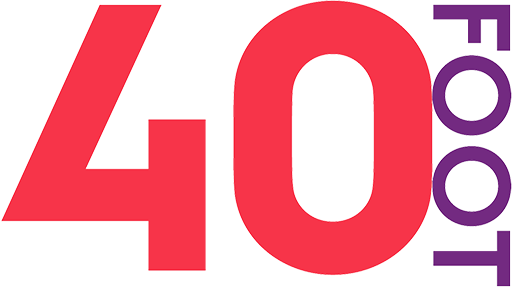A good cover letter and CV is essential to get your foot in the door and land that all-important interview.
Unfortunately, your CV is just one of many sitting in an inbox, so how do you stand out from the crowd?
First impressions are critical, and a bad cover letter means you’ll be discarded before you’ve even had a chance to impress.
In this short post we’ll go over both cover letters and CVs, showing you what to put in, and, sometimes more importantly, what not to.
What should be in a cover letter?
A cover letter is important. It’s a great way to capture the attention of the recipient, and it will be their first impression of you, hopefully motivating them to know more about you and start reading your CV.
The cover letter should detail the role you are applying for, your motivation and the key skills and attributes you will bring to the role.
If you can, make sure you address the recipient by name. You should find this in the job description or in the email address you are sending it to. If you cannot find it there, you can search the company online and might be able to find the person through the website. If not, and you have exhausted all search methods, you can address them by the full company name.
When writing your cover letter, refer to the job description and use keywords that relate to the role. It’s always a good idea to research the company and refer to some key details that aren’t listed in the job description.
This small step on your part shows you’re making an effort and not just shopping around. You can also apply this in your CV and even when the email or message in which you are attaching your documents.
What should be in a CV?
Keep your CV as clear and concise as possible – no one wants to be bored reading a stranger’s life story. Only put down what you need for this particular job – just enough detail to cover all your essential skills and professional experience relevant to the role you are applying for.
Try to keep your CV limited to two pages long if you can. On average, an employer looks at a CV for six to seven seconds. If a short novel lands on their desk they won’t even bother.
It sometimes helps to catch the eye by making it personal to you and your creative style. For example, the colours or imagery that you use can make you stand out from the rest, but be warned, going too far down this road can have the opposite effect.
Make sure your CV demonstrates most current and relevant skills and experience, you do not need to list every job you have ever had in your life. An employer doesn’t care if you worked in your uncles’ dairy for a summer 20 years ago. Just list your most recent roles, usually in the last 10-15 years in the same industry or roles that you can transfer your skillset.
In your summary about yourself, include a general outline about who you are. Start with where you’ve come from, your professional background, then move into your tech skills, broad skills and what you are looking for in your next role.
You want the reader to build an understanding of who you are, and what makes you, you.


